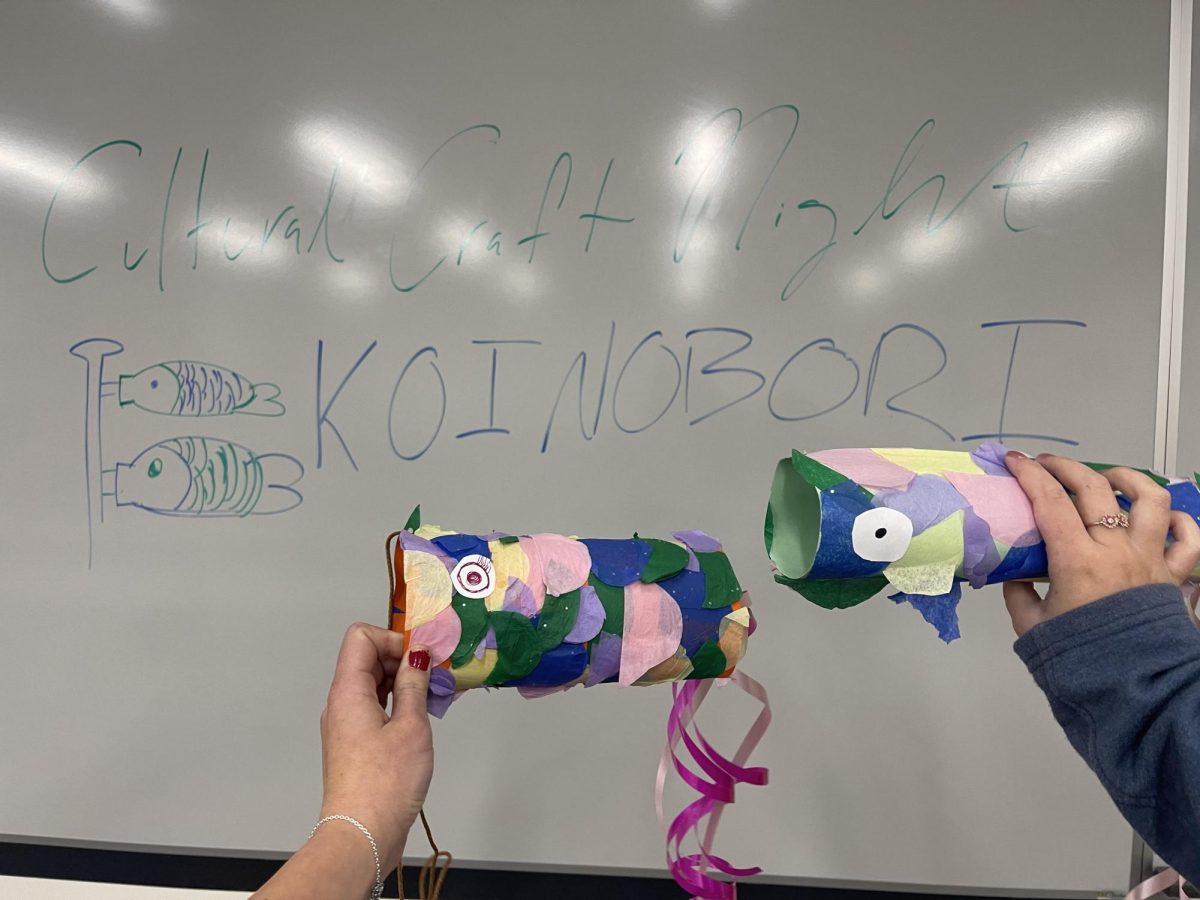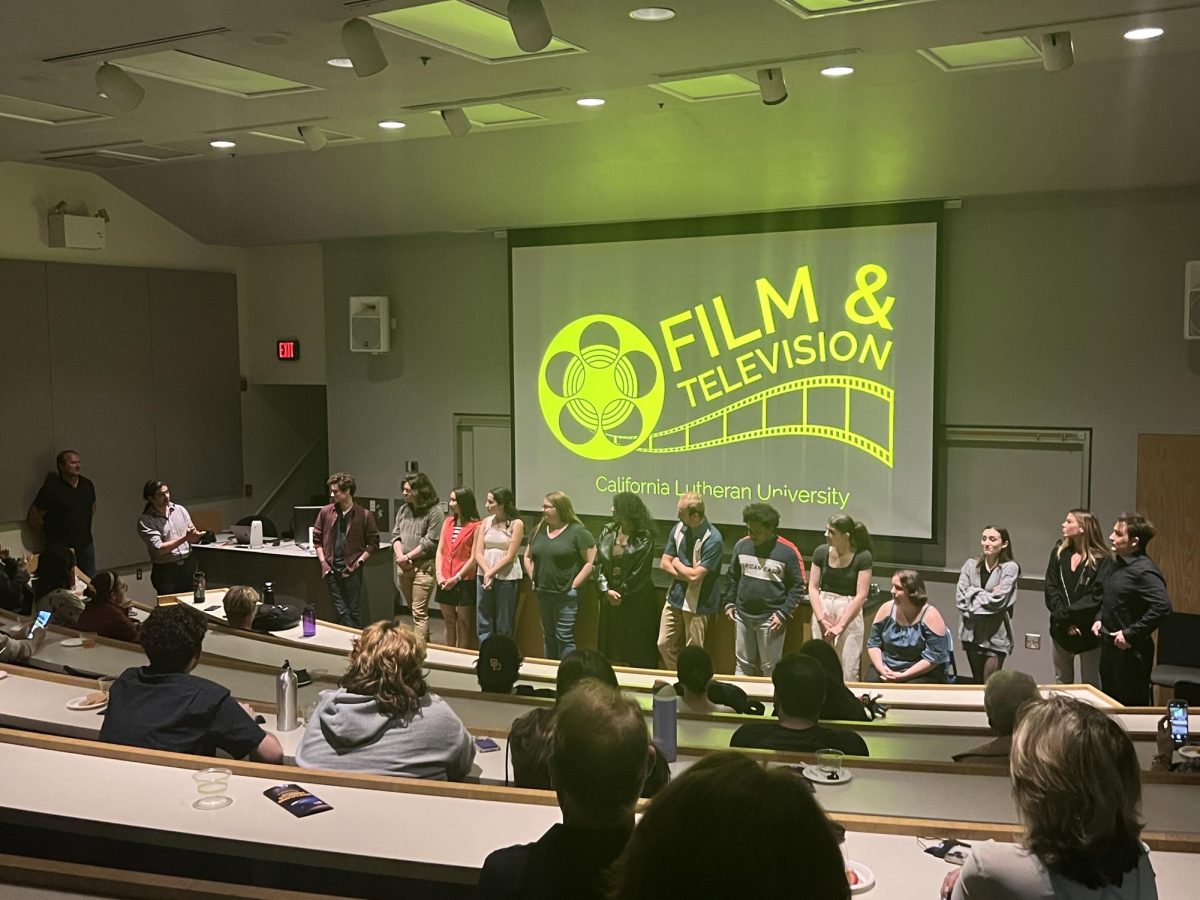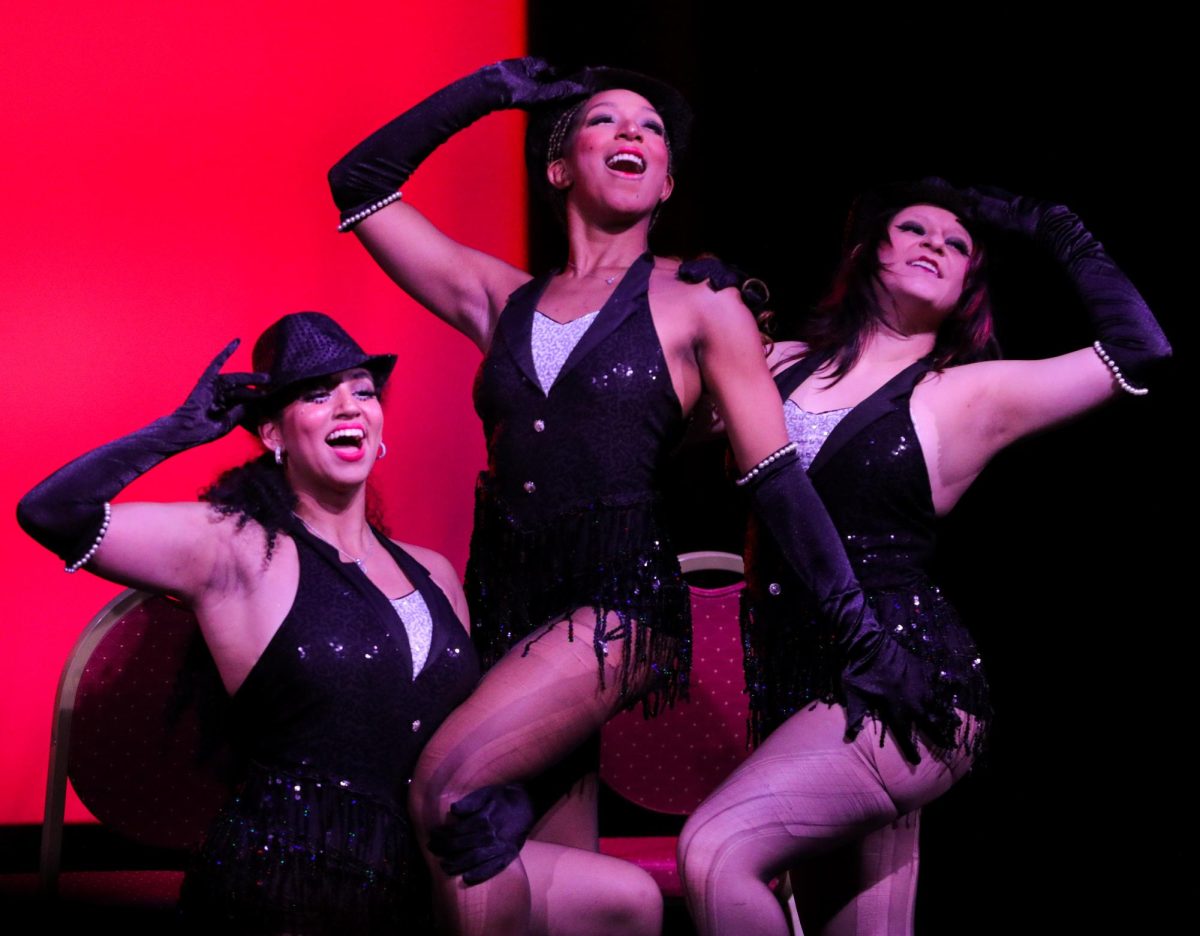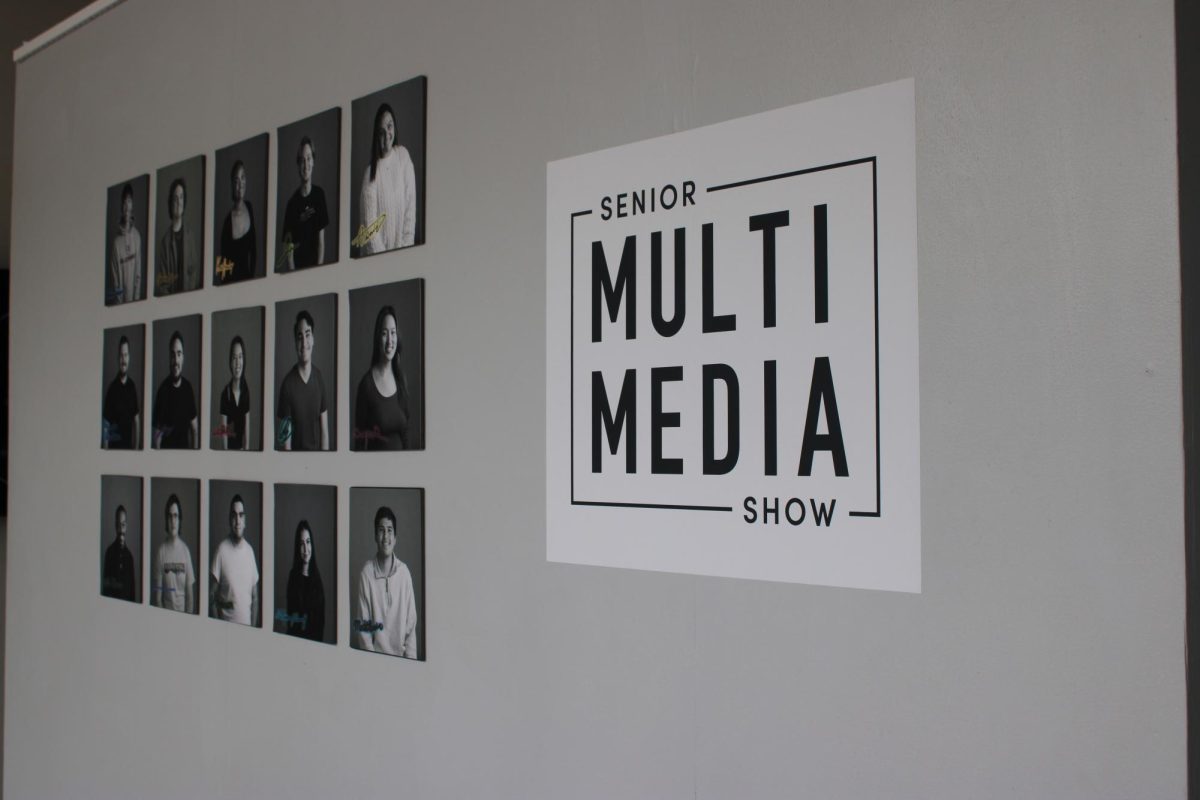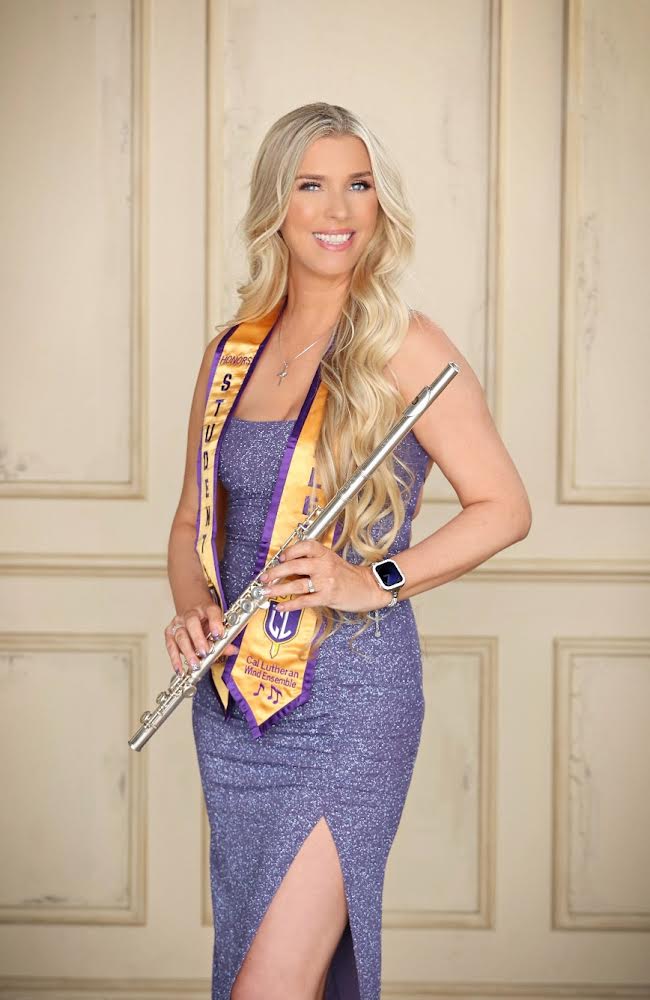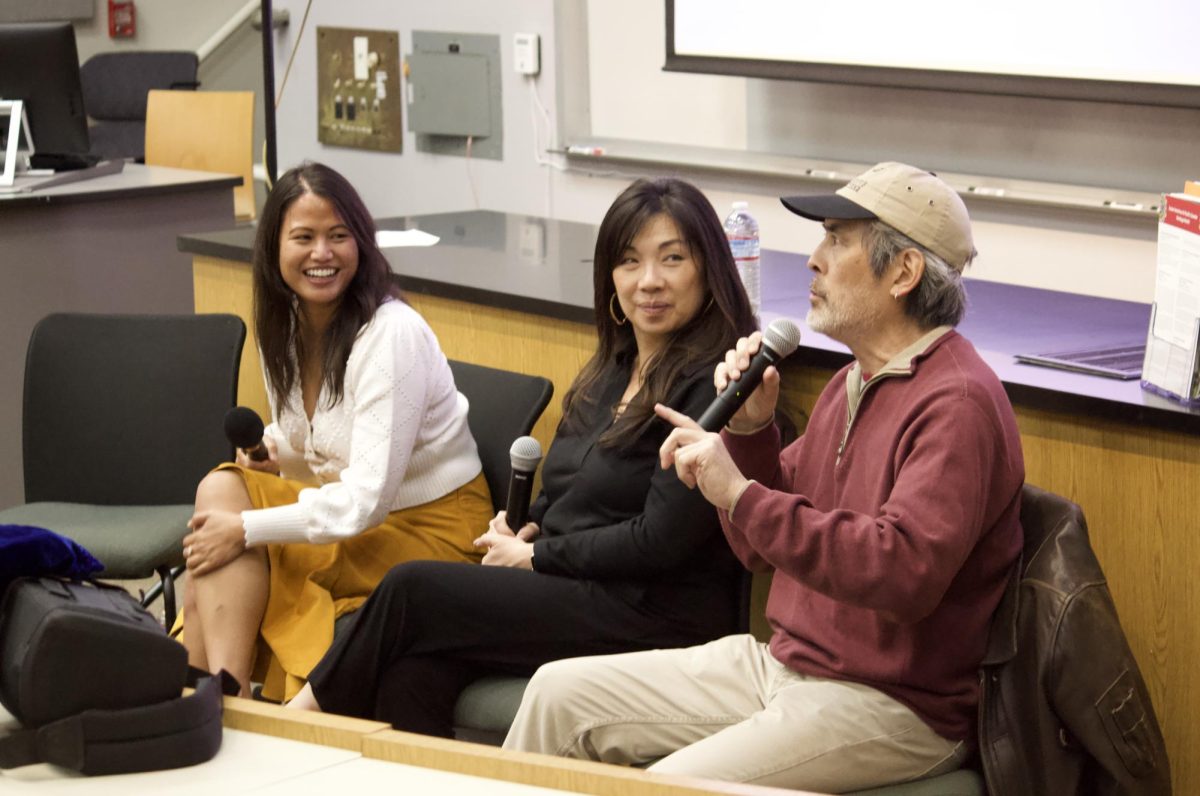The History Club has been at California Lutheran University for several years and has continued to connect students through different academic and extracurricular activities.
The History Club has a long-standing legacy on campus, even predating many long-standing faculty members such as Professor of History David Nelson. Nelson currently serves as the faculty advisor for the History Club and got involved with the club in his first year on campus, 13 years ago.
“Before I came it was a little more department-driven, but I have tried to turn over the reins of the operations to the students more and more. Because it is a student club and should be organized by students,” Nelson said.
The History Club meets bi-weekly on Tuesdays or Wednesdays in the Soiland Humanities building, in room 116 at 6 p.m. where they host events and activities decided by the club’s leadership. These events consist of anything from movie nights to historical trivia which are related to a country’s culture or significant historical moments.
“We had around seven to eight meetings last semester, and I think half of those were watching movies. Then we were able to mix in Jeopardy for one, Trivial Pursuit for the other, and then maybe one or two craft nights for the others,” senior and History Club Vice President Garet Needham said.
Something new on the club’s list of activities is the introduction of an arts and crafts event, created by the club’s treasurer Nektaria Anagnostou. These activities are called cultural craft nights and have only just begun this academic year. Participants are taught how to create an art piece from a selected culture celebrating a national holiday, such as creating Koinobori which are Japanese windsocks in the shape of fish, to celebrate Children’s Day held in May.
“The students this year have decided that they wanted to branch into crafts. We did something for Dia De Los Muertos, and we have done some for Greek Independence Day, and Koinobori. So it’s internationally and culturally relevant stuff, but also has a historical connection,” Nelson said.
Anagnostou said the club also has a deep connection to the Phi Alpha Theta History Honor Society having its chapter within the society. The society represents an American honors society for undergraduates, graduates, and professors founded on Mar. 17, 1921, at the University of Arkansas. The History Club partners with the honors society to present a “capstone event” for the club’s members to end the academic year.
“We do have a capstone event for History Majors, where everybody in the club is involved in it, where we present our capstone project. There is an open forum from 5:00 pm – 6:00 pm in Ullman on Apr. 24. There is a big cardboard poster that people can go up to and see what it’s like to be a history major and to be involved in Phi Alpha Theta and the History Department. It’s open to everybody,” Anagnostou said.
While the History Club may have many students with history-oriented majors in leadership, Nelson said that is not a requirement to attend the activities. He said the club on average receives attendance of 10 students or more, often many of whom are non-history majors. The club is first and foremost a social club, which Nelson said is meant to spread interest in history and portray it more entertainingly.
“The professors being involved in the club meetings make it more inviting, so you’re not just seeing your professor as your instructor but also as someone to help guide you outside of the classroom. I would say a lot of the people that do come to history club are not history majors, and they are there for vibes alone, so don’t have to be a history major to go to these meetings, and they are both educational and activity based,” Anagnostou said.



